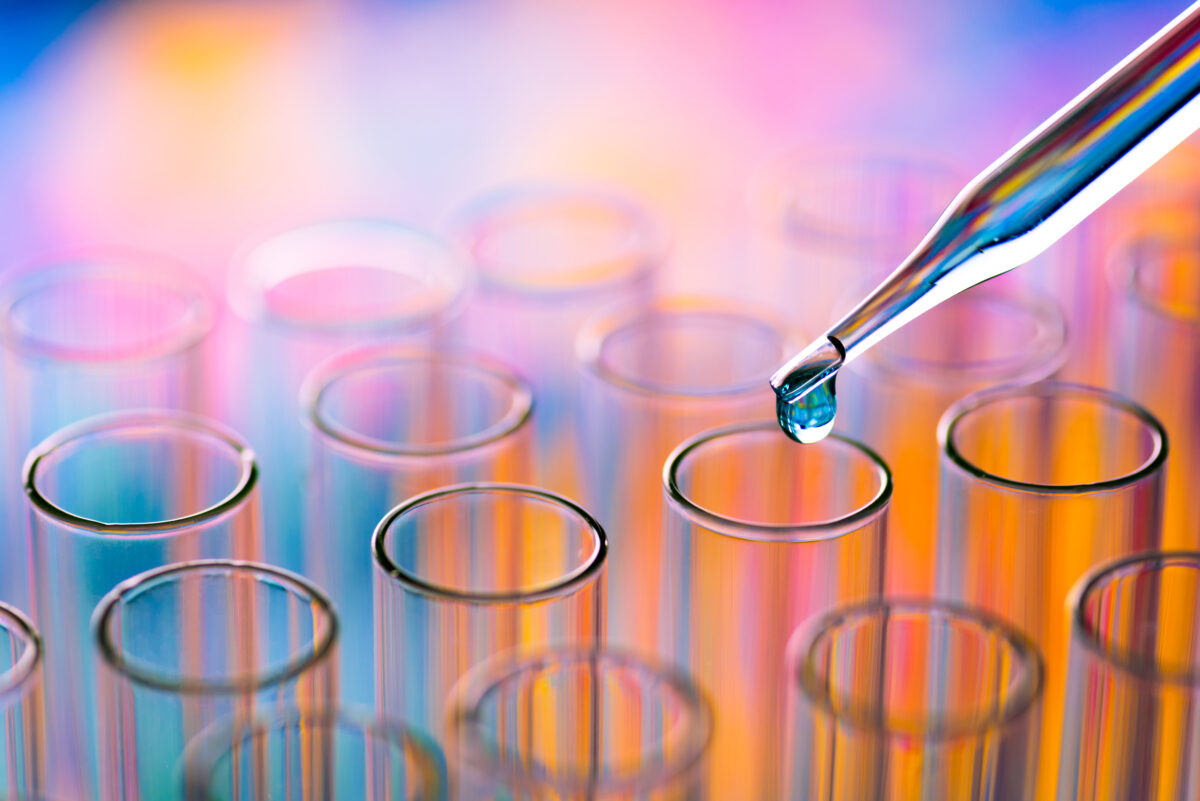This website uses cookies so that we can provide you with the best user experience possible. Cookie information is stored in your browser and performs functions such as recognising you when you return to our website and helping our team to understand which sections of the website you find most interesting and useful.
Health, Agri-food and Bioeconomy
Research and innovation in Health, Agri-Food and the Bioeconomy have become a driving force in this new period, both in the Spanish Strategy for Science, Technology and Innovation 2021-2027 and in Horizon Europe.
With reference to the European Framework Programme, the European Commission has already announced that it will finance research and innovation (R&I) activities in this sector, distributing a total budget of 95,500 million euros between 2021 and 2027, allocating more than half of the budget to R&I related to “Global challenges and European industrial competitiveness.” This budget will be divided into six groups, or clusters, two of which are closely related to the Agriculture, Food and Bioeconomy and Health sectors.
Health, agri-food and bioeconomy: what are the challenges we face in this knowledge area?
Building fair, healthy and sustainable food systems, that cover the entire food chain: this objective is linked to the Green Deal’s “Farm to Fork” strategy, which has already set out the EU’s main lines of action to support the transition toward a sustainable food system. These kind of strategies will help establish innovations for the development of healthier diets. Not only must food security and supply be guaranteed ; it is also necessary to ensure that safe and nutritious foods are accessible to the entire population.
Another objective in this area is the design of circular economy solutions at territorial and sectoral levels, for important material flows and product value chains, as well as in key sectors of the bioeconomy, such as sustainable bio-based systems, sustainable forestry, small-scale rural bio-based solutions, biotechnology innovations and aquatic value chains.
The social component is a constant in all projects, both at European and national levels. Understanding the impact of these environmental and socioeconomic changes on communities is essential for building resilient, inclusive, sustainable and greener urban, rural and coastal communities.
The promise of healthy living also involves health challenges. At a time when the COVID-19 pandemic is taking centre stage; chronic and infectious diseases, pandemic threats and antimicrobial resistance are some of the obstacles in which the sector is most involved. In addition, the side effects of an aging population must be addressed: by 2050, the number of people over 65 years of age in the EU will have grown by 70%.
With this scenario, innovation in health, as an investment, becomes more important in preventing diseases, developing better diagnostics and therapies; building new healthcare models and new technologies, and collaborating among Member States to promote health and wellbeing.
We must also highlight the fight against cancer, one of the 5 missions set out by Horizon Europe. If urgent action is not taken, the number of diagnoses in Europe will reach 4.3 million by 2035. We can work together to provide earlier diagnoses, develop new treatments and provide the affected populations with a better quality of life during and after treatment.
3M
Horizon Europe's cancer-focused mission aims to save 3 million lives by 2030
7M€
Zabala Innovation participates in health projects, such as HIVACAR: 7M€ budget and 14 partners
2
of the most important Bioeconomy projects have been managed by Zabala Innovation
